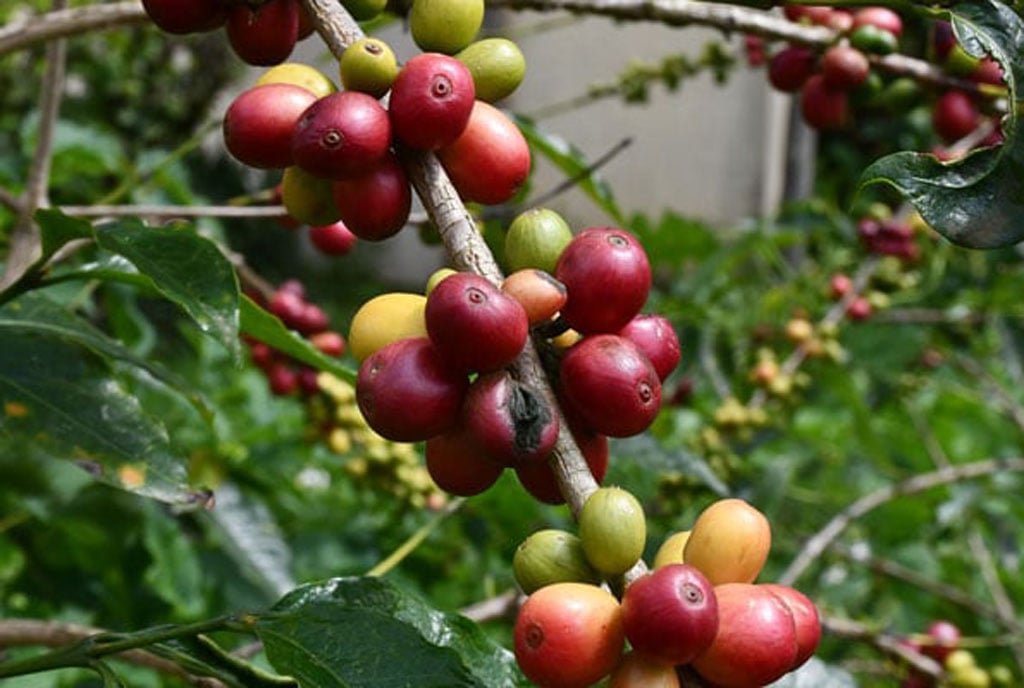Prime
Ugandan coffee should be the best

Uganda is one of the world's major leading coffee exporters. PHOTO/FILE
What you need to know:
- As producers of this valuable crop we must make substantial efforts to improve its quality by doing things such as planting the best varieties recommended.
Some of the ideas in today’s sharing are derived from a newsletter published by Mount Harvest, an organisation located on the slopes of Mount Elgon working side by side with farmers to produce high quality Arabica coffee ---coffee that also fuels a higher quality of life for farmers, their families and the soil beneath their feet.
Upon reading the newsletter I was reminded that our country has often been praised as very beautiful and was once called ‘the pearl of Africa’ by a visiting British dignitary. Uganda is also said to be the origin of Robusta coffee and the leading exporter of coffee in Africa.
According to the newsletter Ugandan coffee is excellent and the country’s beauty captivates thousands of visitors who also know that it is the producer of the world’s most traded agricultural commodity. Coffee is actually the most globally traded commodity after oil.
Fortunately, Uganda has valuable quantities of oil apart from being among the leading coffee producing countries globally. Why then is the country struggling economically?
The newsletter says, “The world wanted to work with Uganda, but Uganda was not ready to work with the world.” The publication goes on to state that our enchanting country has garnered attention from coffee enthusiasts worldwide who eagerly aim to introduce the unique Ugandan coffee to their discerning customers. It says that even if the initial promise of excellence is undeniable, substantial challenges have emerged, casting doubts on whether Uganda can truly fulfill its potential as a producer of specialty coffees.
As producers of this valuable crop we must make substantial efforts to improve its quality by doing things such as planting the best varieties recommended by our agricultural research institutes. We should take the best care of the crop right from planting the seedlings, fighting weeds, pruning on time, applying manure where the soil lacks nutrients, irrigation when the rains fail, harvesting only ripe cherries, and drying them on clean surfaces like cemented yards and mats.
The other challenges mentioned by the publication are: (1) underdeveloped coffee sector in comparison to Uganda’s neighbours, (2) unsustainable commodity prices and lack of impact driven services to meet the needs of smallholder farmers, (3) opaque business practices with little transparency and accountability, (4) a free market saturated with companies lacking depth of knowledge in farmer and farmland resiliency or investment in the betterment of Uganda’s reputation.
Mr Michael Ssali is a veteran journalist,
[email protected]




